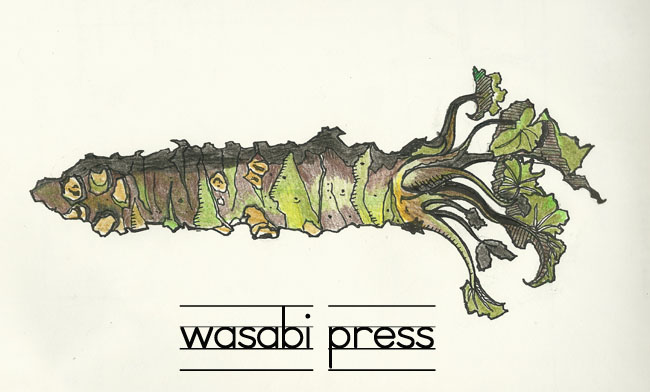
I just discovered a dear writer colleague of mine, Violet de Cristoforo,of Salinas, CA, has been awarded a Lifetime Honor from the National Endowment for the Arts. I am thrilled to learn that she will be traveling to Washington D.C. to pick up her award amongst the other receipients. This particular award recognizes artists who have contributed to folk or traditional arts of the United States, over a lifetime. It is also great to know that she is being recognized not only for her writing but her role as a historian in preserving and translating so much haiku and tanka written by the Issei in the camps.
I first met Violet de Cristoforo through poet Lawson Inada, who told me there was an amazing poet named Violet, from Fresno (Lawson and I are both Fresnans) who I had to meet. Her compilation of poetry written in the internment camps "May Sky" was nothing like anything I'd ever seen before. I spent three days at Violet's house in Salinas while heavily researching literature from the Japanese American World War II internment camp experience for the book "Only What We Could Carry". All the while, Violet bustled between sheafs of poetry manuscripts from cabinets and under the bed to making heavenly pies and dishing pickled veggies. Her house smells of strawberries.
Violet de Cristoforo was born Kazue Yamane in Ninole, Hawaii. At the age of eight, she was sent to Hiroshima, Japan, for her primary education. She returned to the United States when she was 13 to attend high school in Fresno, CA. Upon graduation she married Shigaru Matsuda and she joined a School of Haiku and became well known for her poetry in the kaiko or free style haiku form. Starting in 1915 two Tokyo poets Ippekiro Nakatsuka and Kawahigashi Hekigodo had developed a modernist haiku called "kaiko." Japanese-Americans in California had formed haiku-writing clubs to write these modernist haiku in Japanese. One of the haiku clubs was in Fresno while the other one was in Stockton. The modernist haiku were not restricted to the vocabulary of the seasons and the strict 5-7-5 syllables of traditional haiku. The haiku poets worked hard on their writing, putting it up to serious criticism in the clubs, and they also collected Japanese literature. De Cristoforo says that right before the internment the Japaense-American poets in Stockton and Fresno destroyed their collections of haiku and much Japanese literature--a tragedy for Japanese-American literature. During those pre-war years, she and Shigaru also owned and ran a Japanese bookstore in Fresno.
Following President Roosevelt's Executive Order 9066, in 1942, the Matsudas were forcibly evacuated to Fresno Assembly Center (the Fairgrounds) along with the thousands of other Japanese Americans in the Central Valley (including my family) and then onto the permanent internment camp in Jerome, Arkansas. Yet throughout the internment, she, along with dozens of other Japanese American poets, kept writing haiku in Japanese which they published in camp newspapers. In 1943, her husband refused to sign the so called "loyalty questionnaire" distributed by the US Government to camp internees, leaving questions numbered 27 and 28 blank, so he was then sent to the Justice Department camp in Santa Fe, New Mexico. Violet, her brother, mother-in-law, and three children were then deported to Tule Lake segregation camp and expatriated with Shigeru to Japan in March 1946. After several years in post-war occupied Japan, she later resettled in the United States with her second husband.
Over a period of 50 years Violet has both written haiku poetry and collected and translated haiku from the internment camps and the various haiku clubs. Her book, "Poetic Reflections of the Tule Lake Internment Camp, 1944", was published after 1984. The culmination of her life's work is the anthology she edited entitled "May Sky: There Is Always Tomorrow; An Anthology of Japanese American Concentration Camp Kaiko Haiku" (1997, Sun Moon Press).
http://www.arts.gov/honors/heritage/fellows/fellow.php?id=2007_03



No comments:
Post a Comment